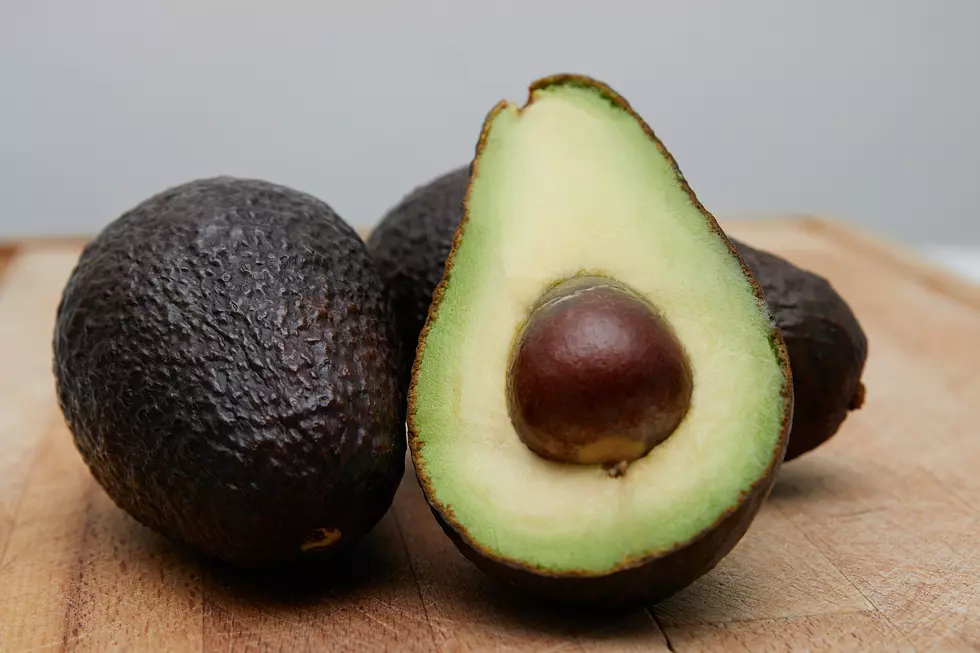
Why Some Texans May be Saying Goodbye to Guacamole
It doesn't matter which way you slice it, adding avocado to basically any dish is a recipe for pure joy! From avocado toast to sushi to sandwiches and more, this is a fruit that is not only fantastically flavorful, but it is also filled with fats that are actually good for you!
Unfortunately though, some Texans, like myself, may find themselves with a sudden allergy to the ingredient that makes our guacamole so great. What many people don't realize is that avocados are related to latex. Yes, that's right. I said latex.
Research shows that "approximately 30-50% of individuals who are allergic to natural rubber latex (NRL) show an associated hypersensitivity to some plant-derived foods, especially freshly consumed fruits." Termed latex-fruit syndrome, this condition has been associated with foods like "avocado, banana, chestnut, kiwi, peach, tomato, potato and bell pepper."
Why does this occur? In case you didn't know, latex is actually derived from the sap of rubber trees. When you have an allergy to latex, you are reacting the proteins found in this organic substance. Those same proteins can also be found in these other fruits, making the likelihood of cross-reactivity much more likely.
Dr. James Tarbox, an Allergist and Immunologist with Texas Tech Physicians, wants folks to know that if you experience itching or tingling in the mouth after eating a certain type of food, it signifies that you have a sensitivity to that item. While you may brush this off as a minor irritation, if you have an allergy to latex you should be extra wary of these reactions because your symptoms could escalate at any time.
Tarbox went on to note that when you have a latex allergy and these types of symptoms are present, "your reaction to avocado is much more likely to become severe. That's the problem with a food allergy. You can go along for years with just a mild reaction and then one blue one day it just goes severe." What this means is that the slight discomfort can turn into vomiting, hives, or even an anaphylactic response.
Interestingly enough, if you are a woman that has these types of allergies and you become pregnant, there is a chance that you could see changes in your reaction. "I've seen it go both ways. I've seen people whose allergies have gotten worse during or after pregnancy and I've seen them get better," Tarbox said. Hopefully, you are one of the lucky ones and see improvements because it is a devastating adjustment when you have to give up the guac.
Seven of The Weirdest Ways a Women's Body Changes During Pregnancy
Top 12 Unexpected Animals of Texas
Top 7 Foods + Drinks That Can Surprisingly Dehydrate You
More From 1025 KISS FM









